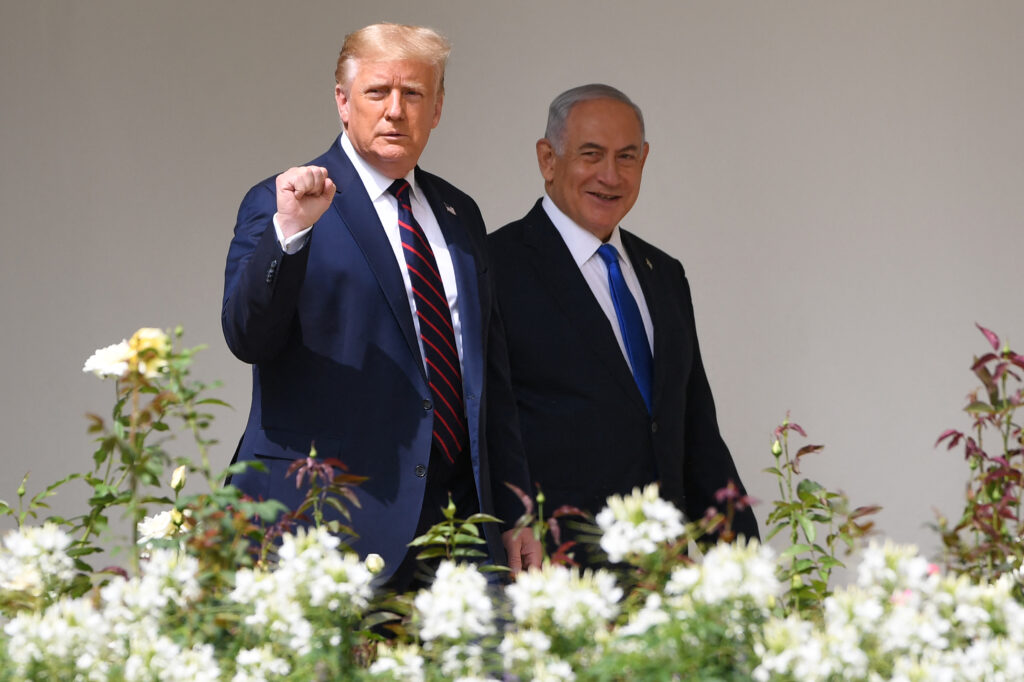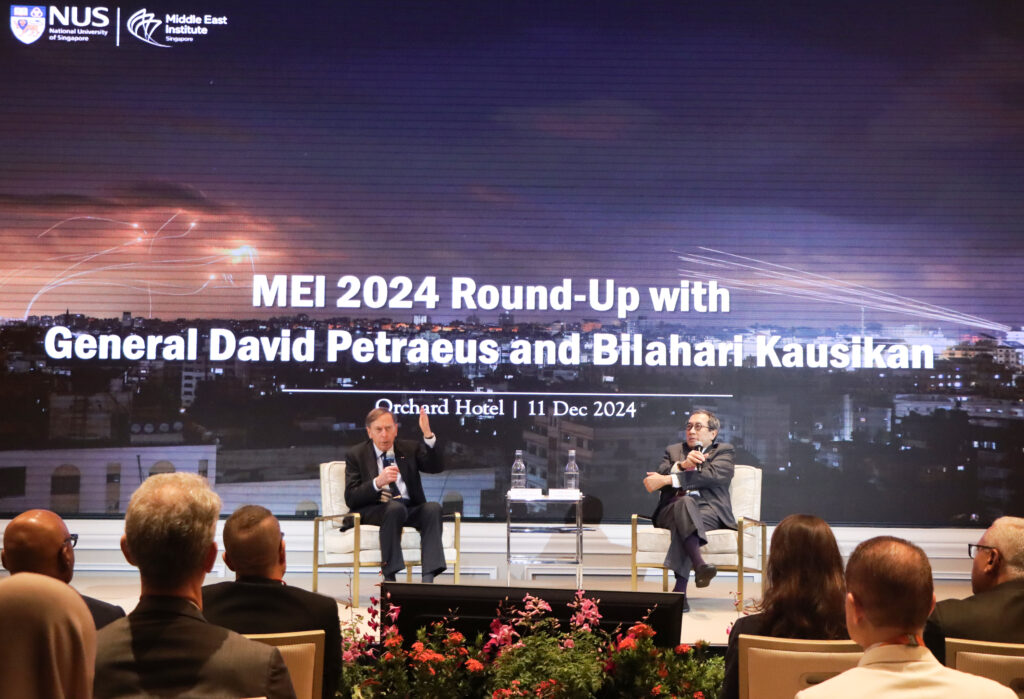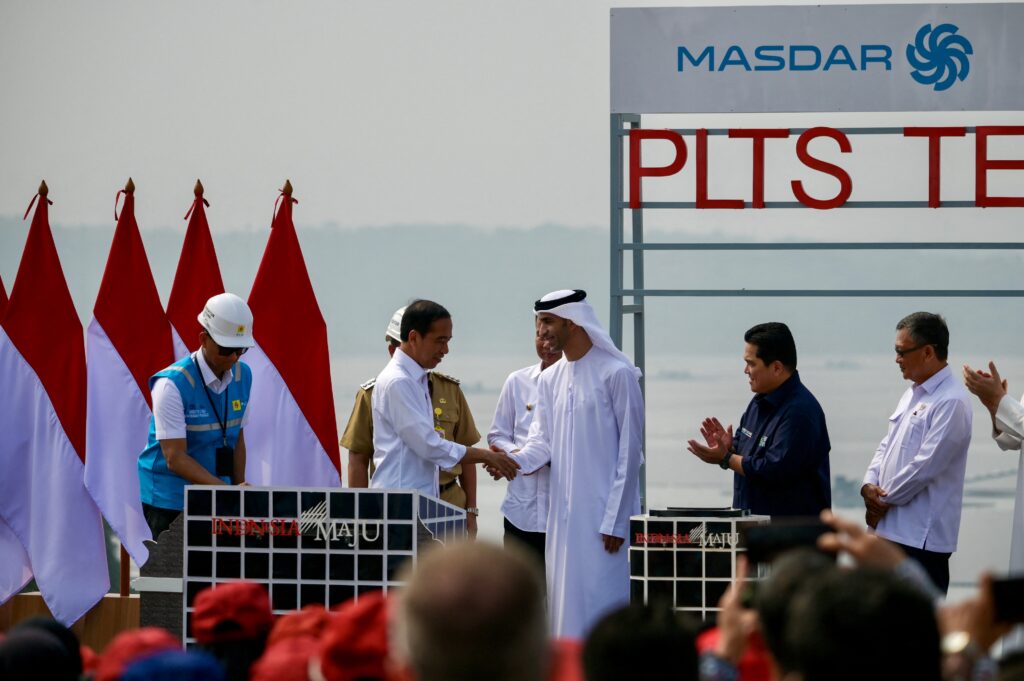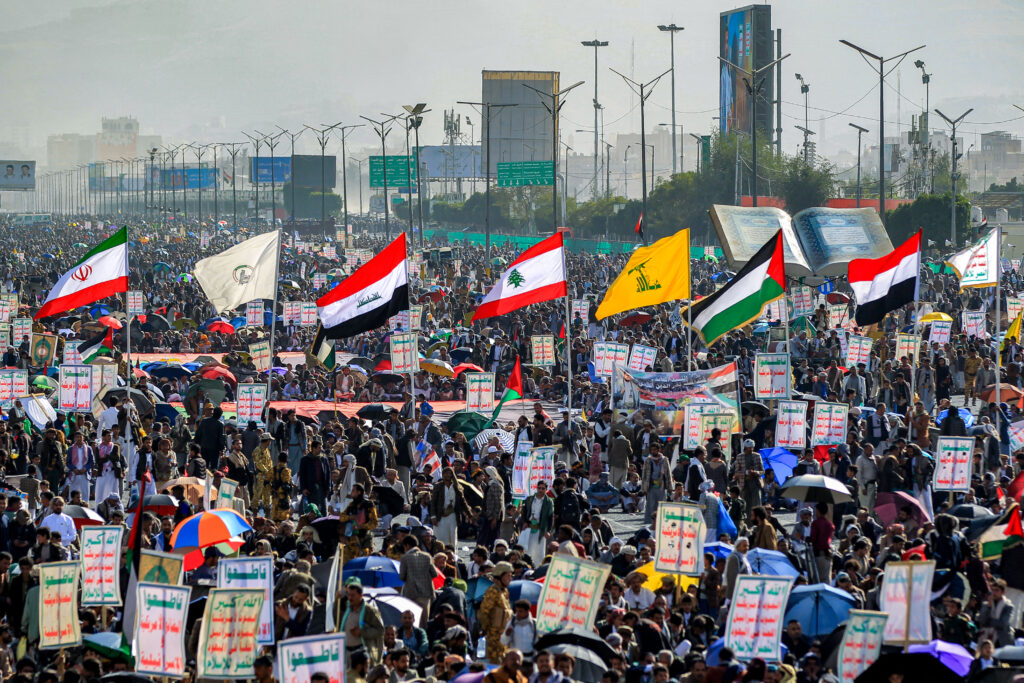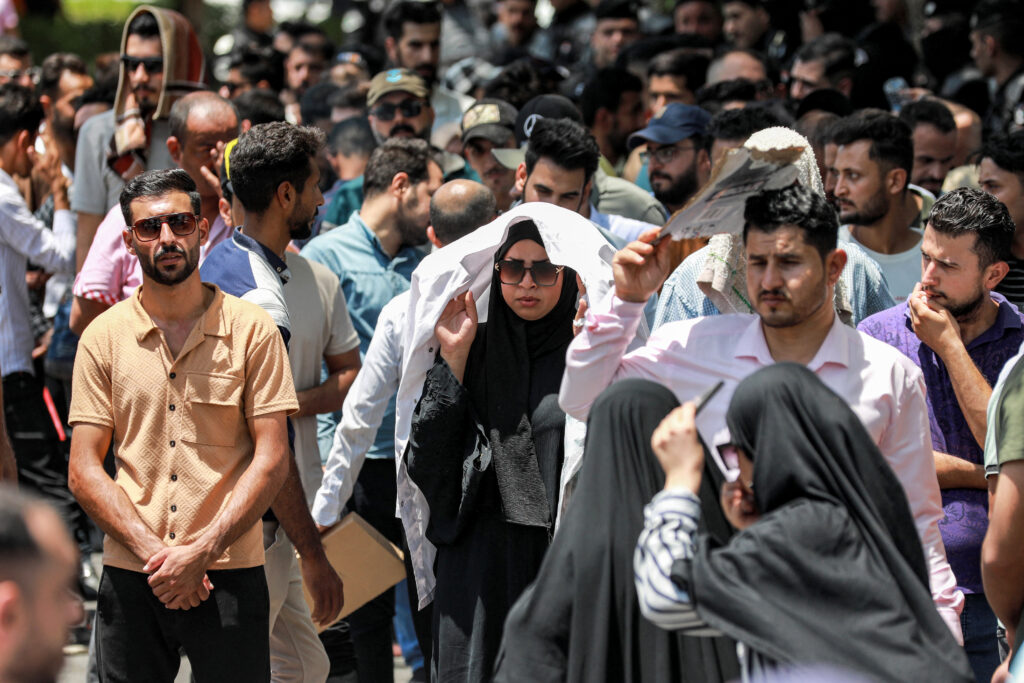Omani Leaders Call on MEI Chairman
- -
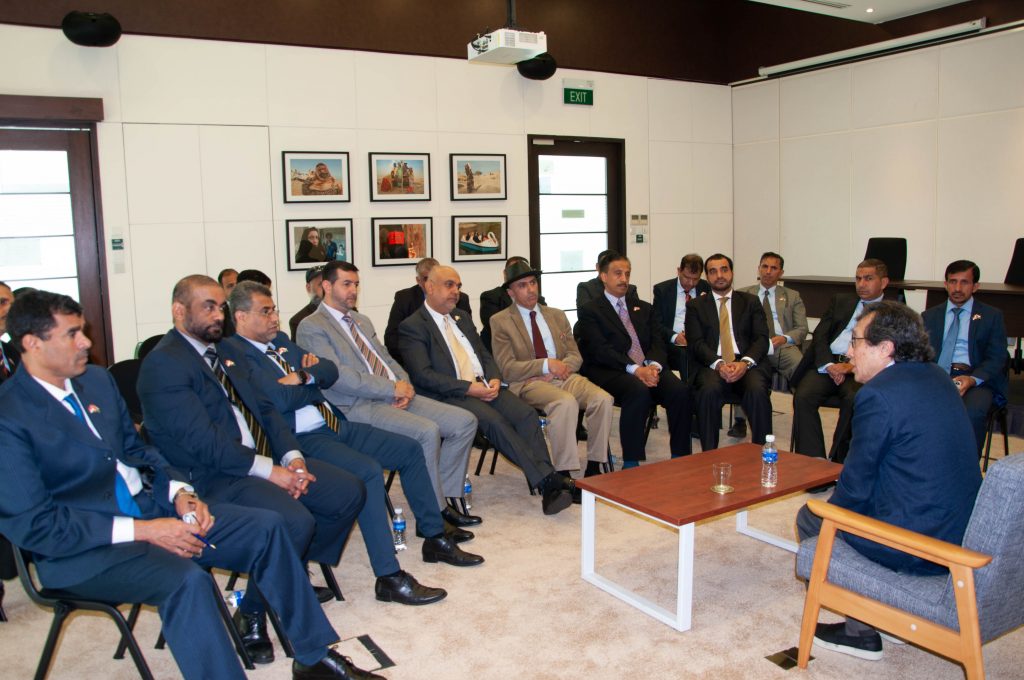
Senior military and civilian leaders from Oman called on the Middle East Institute’s chairman Bilahari Kausikan on March 27, part of a week-long visit to Singapore.
During the visit, the 20-strong delegation engaged in a candid session lasting close to 90 minutes which touched on a wide variety of topics, from the impact of technology to the changing world order.
The Omanis are attending a year-long course at the country’s National Defence College (NDC), which seeks to equip senior Omani military and civilian leaders with the skills and working knowledge necessary for higher leadership positions. The NDC specialises in strategic studies in the fields of security and defence.
The study visit to Singapore sought to give participants a sense of the Republic’s geostrategic concerns, its ties with neighbouring countries, and its foreign policy principles.
In his speech to the participants, Mr Kausikan noted that the world order has changed from a binary one during the Cold War to a multi-polar one now. This has made the situation in the Middle East very complicated, he said, as powers big and small are active there. But, he said, the situation elsewhere is not much different, noting the presence of Russian troops in Venezuela.
Mr Kausikan also touched on the strategic competition between the United States and China, Singapore-Malaysia ties, and how social media has had a negative impact on politics in much of the world as it blurs the line between opinion and fact and creates echo chambers.
On Singapore-Malaysia ties, he repeated a point he has made several times recently – that the downturn in the relationship is a result of political instability across the Causeway. The ruling Pakatan Harapan coalition, he said, has not been able to deliver on its election promises, and is using Singapore as a distraction.
During the discussion, the visitors, who were led by Brigadier Mohammed Yarub Majid Al Saifi, Assistant to the Commandant of the NDC, noted the warm ties between Singapore and Oman. Mr Kausikan replied that this was because of the countries’ historical ties, as well as the fact that both have adopted a geopolitical outlook premised on their physical size and their location in regions dominated by bigger geopolitical players.
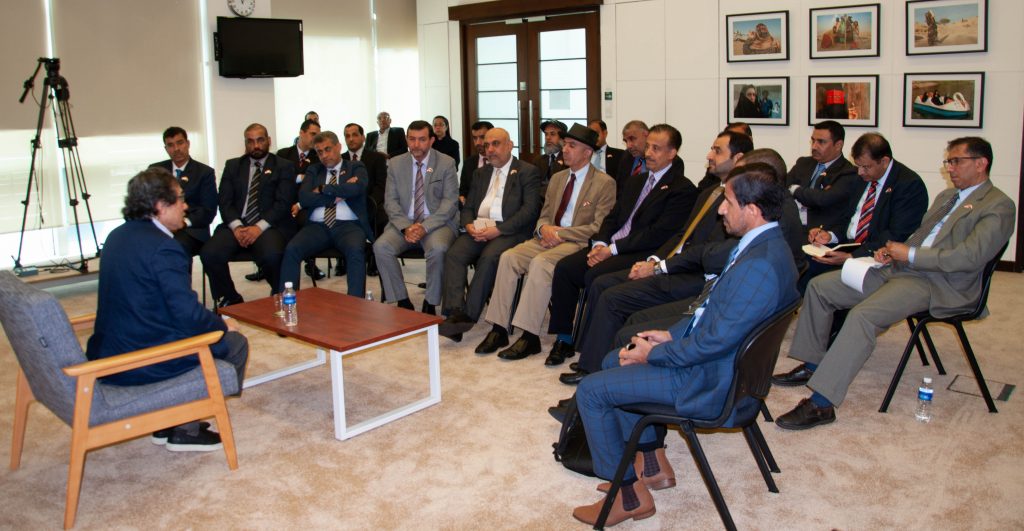
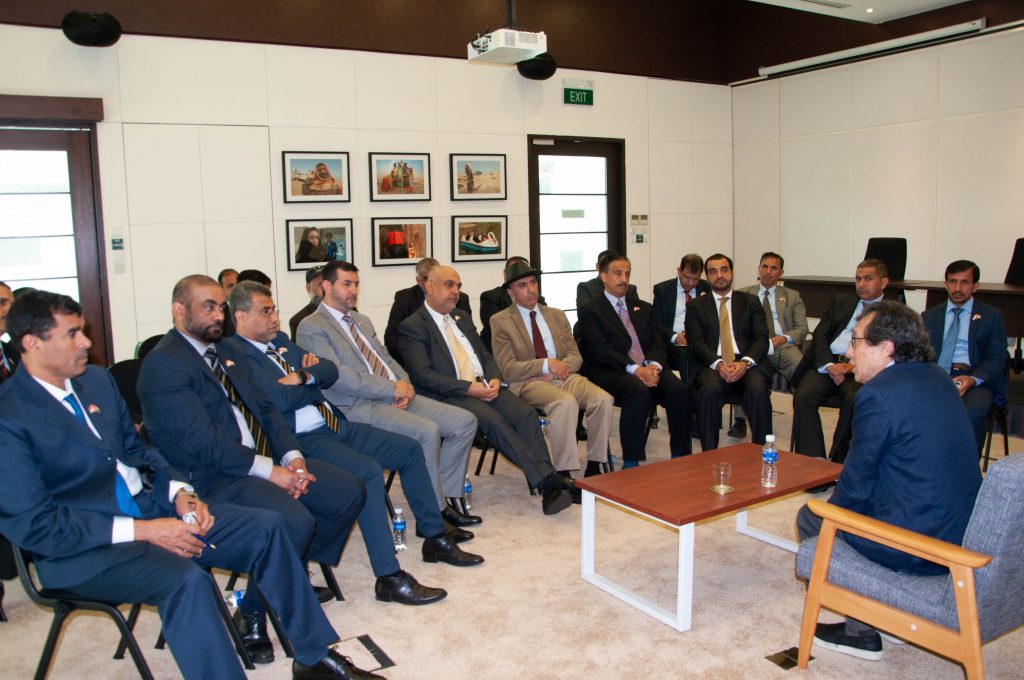
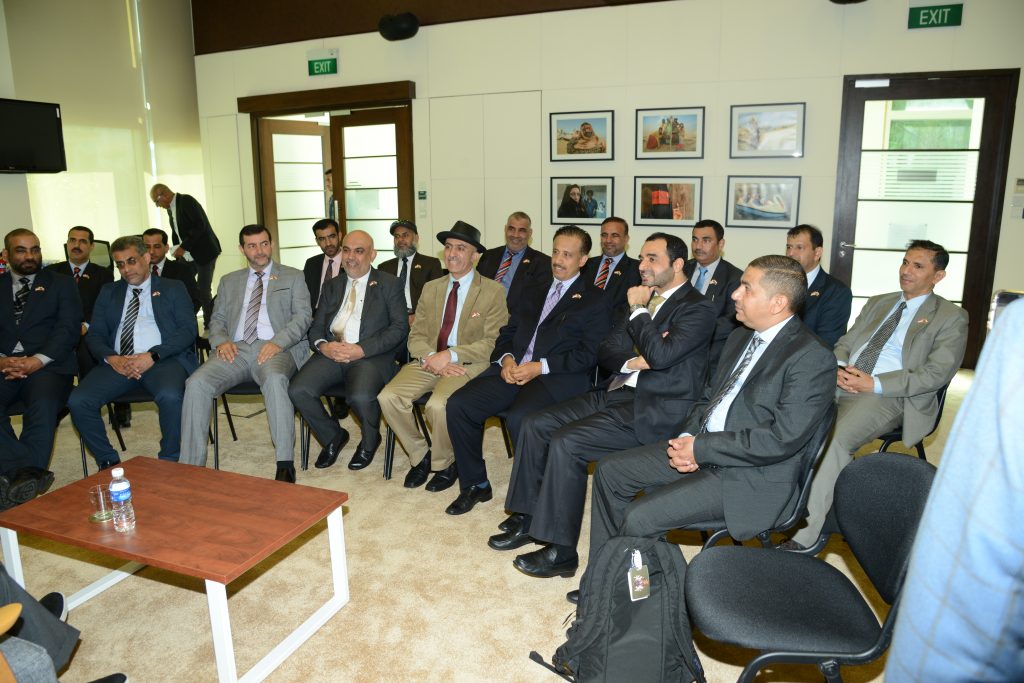
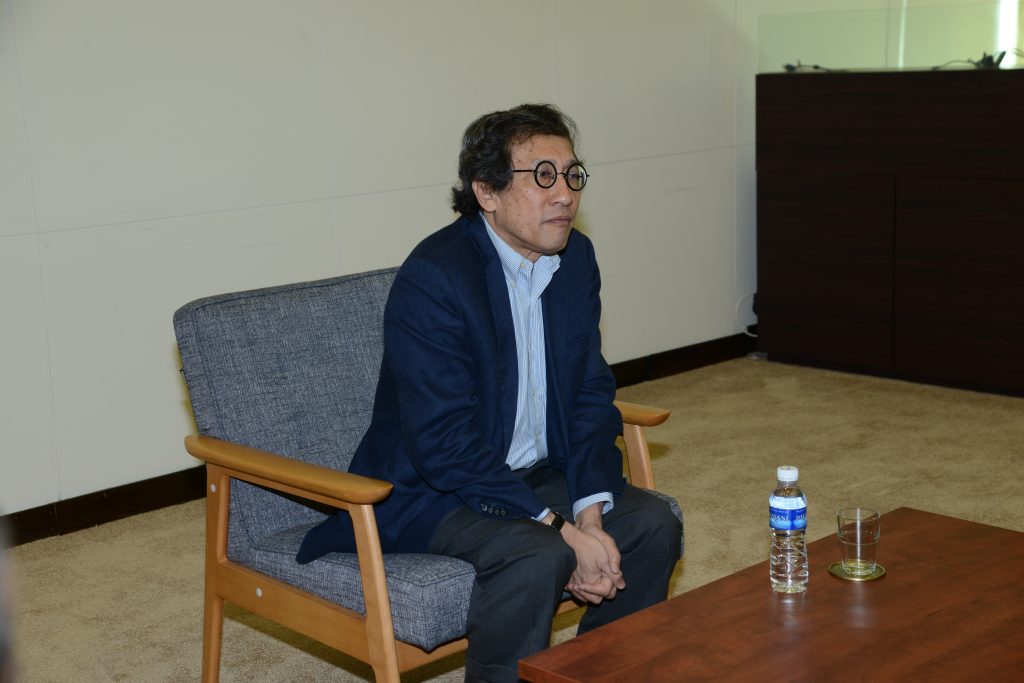
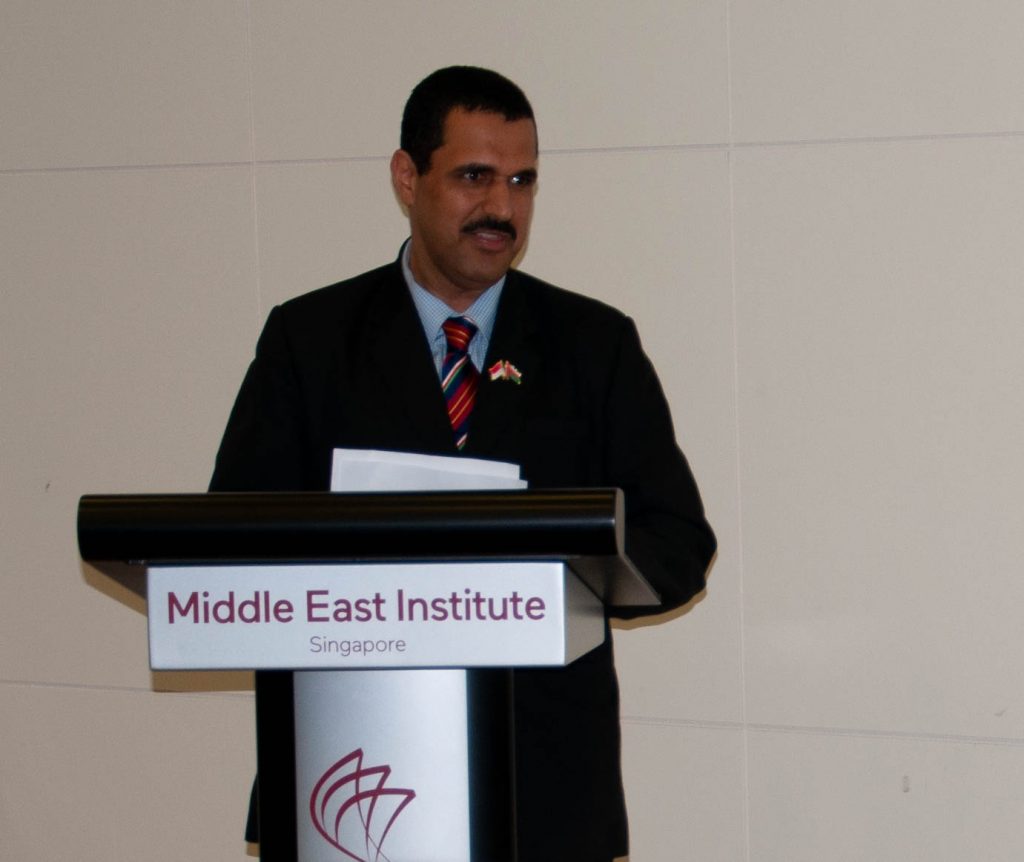
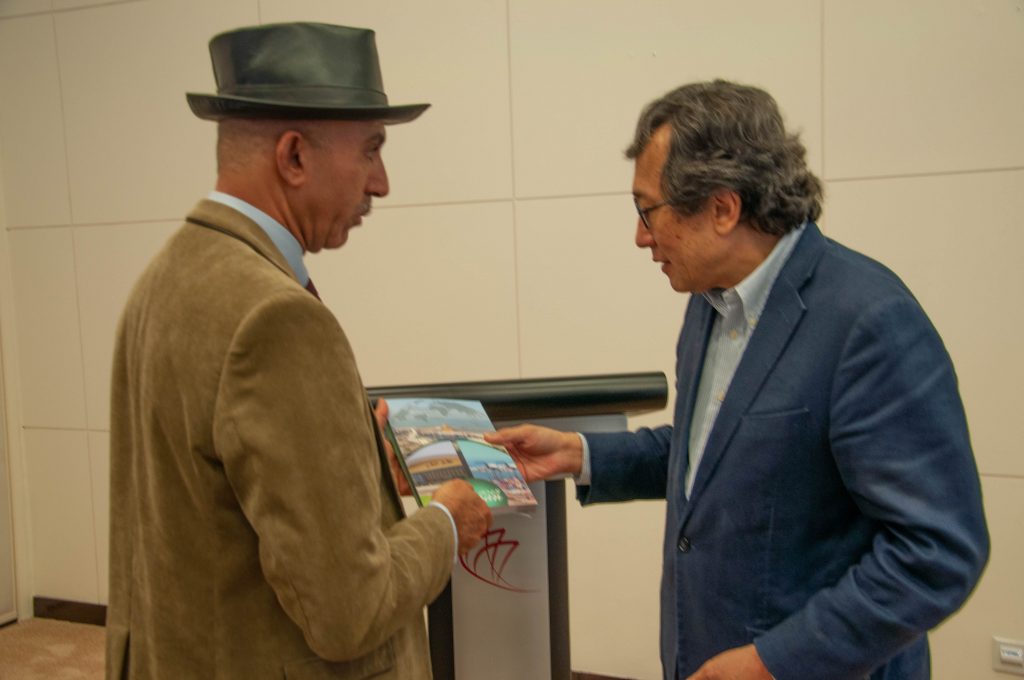
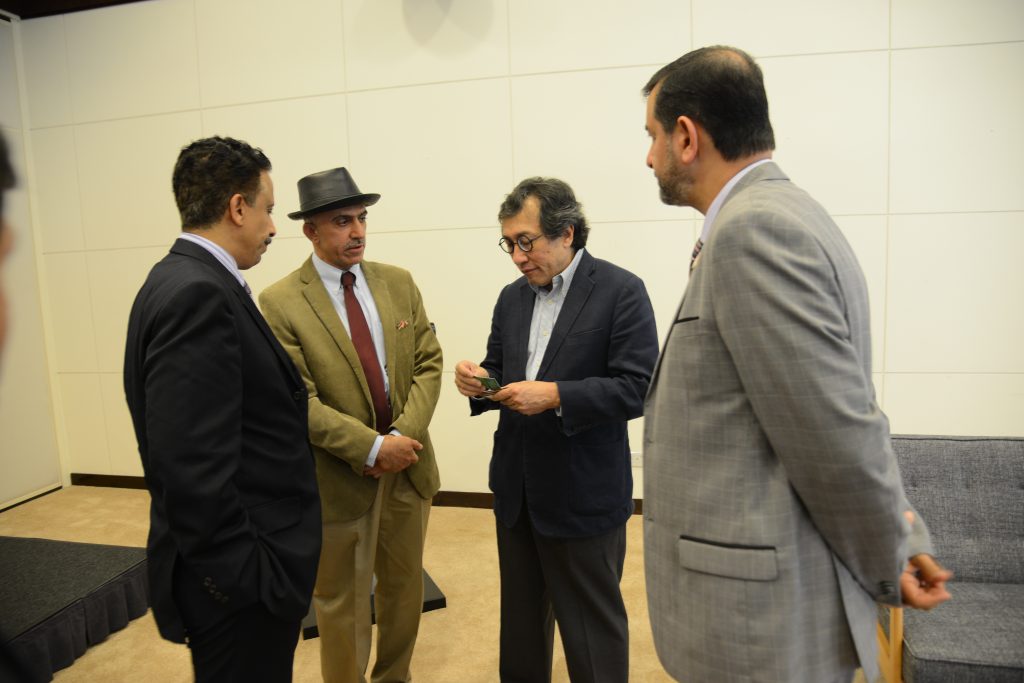
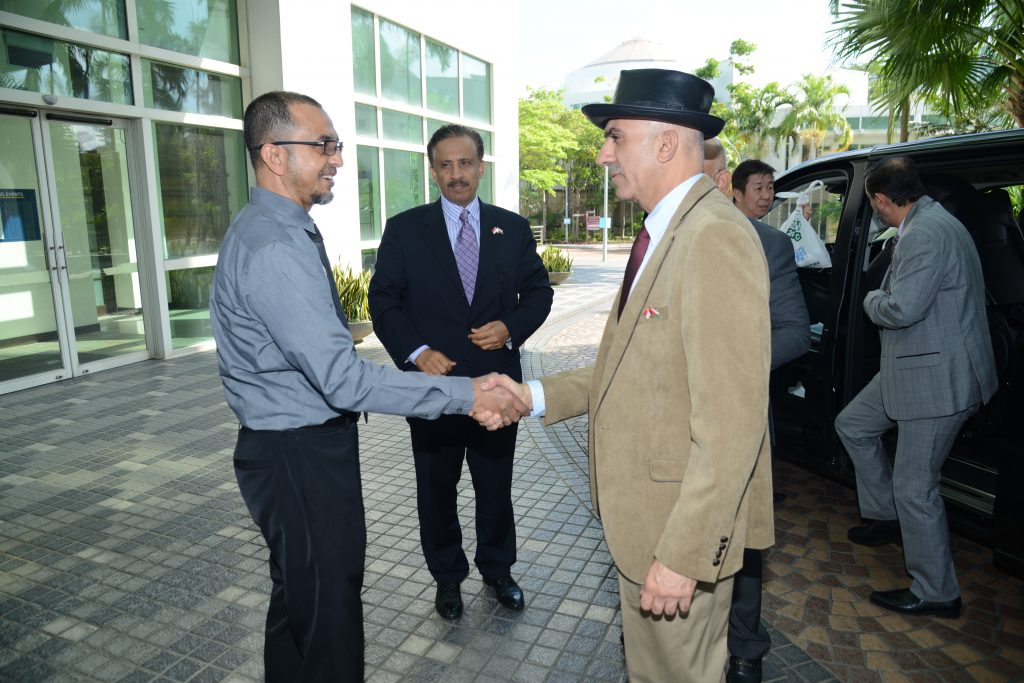
More in This Series
- Leila Dagher, Nadim Farajalla, Hiba Jabbour and Mohamad Zreik
- -

